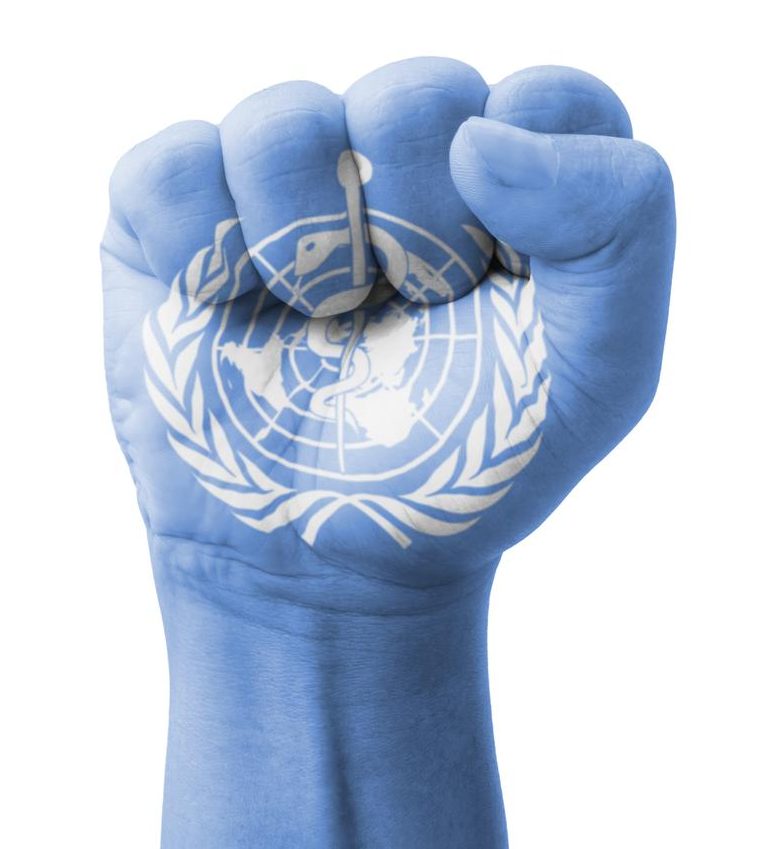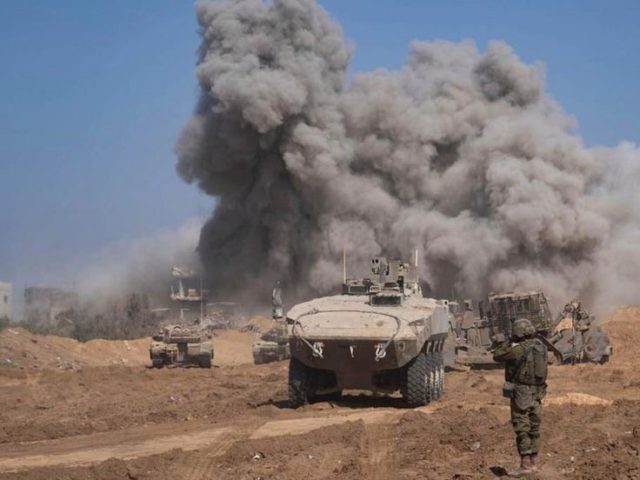Understanding the Humanitarian Crisis: Al-Shifa Hospital in Gaza
In the heart of the ongoing conflict in Gaza, the World Health Organization (WHO) has painted a grim picture of al-Shifa hospital, dubbing it a “death zone.” A brief visit by a UN team uncovered disturbing evidence, including shelling, gunfire, and the haunting presence of a mass grave. The Israeli military’s claim of the hospital housing a Hamas Command Center has been refuted by Hamas, escalating tensions.
A Hospital in Crisis
The situation at al-Shifa hospital has forced the evacuation of hundreds, leaving approximately 300 critically ill patients behind. The WHO is now in the process of planning their evacuation, highlighting the urgency and severity of the situation. The conflict’s toll on medical facilities like al-Shifa raises concerns about the welfare of those in dire need of medical attention.

The Political Landscape
As conflict rages on, the political intricacies of the situation come to the forefront. Negotiations for a temporary ceasefire between Israel and Hamas reportedly reached a critical point, with potential agreements to release hostages held in Gaza. However, as of now, the White House states that a formal deal has not been reached, leaving the region in continued turmoil.
Echoes of History
The current crisis triggers memories of historical events, with Palestinians fleeing en masse, reminiscent of the mass movements 75 years ago during the creation of Israel. Alarming reports indicate not only a lack of medical staff and resources at al-Shifa but also worsening conditions for the wounded, emphasizing the urgent need for humanitarian intervention.
Voices of Protest
Both Israelis and Palestinians are actively involved in the conflict’s narrative. Israelis, in a poignant demonstration, walked from Tel Aviv to Jerusalem, urging their government to prioritize the release of hostages held by Hamas. The emotional toll is palpable, with families separated, adding a human dimension to the already complex geopolitical landscape.
A Standoff on Many Fronts
Israeli Prime Minister Benjamin Netanyahu faces immense pressure both domestically and internationally. Despite reports suggesting progress in negotiations, Netanyahu remains firm on a temporary ceasefire, linking it directly to the return of hostages. The conflict continues to unfold with Israeli airstrikes reported around the jabalia refugee camp, resulting in tragic losses, including members of the same family.
A Call for International Attention
The crisis in Gaza demands global attention and intervention. The multifaceted nature of the conflict, intertwined with political, humanitarian, and historical dimensions, requires a comprehensive approach. As the situation evolves, staying informed on the latest developments becomes crucial for understanding and addressing the complexities of this ongoing crisis.
In the face of adversity, the world must unite to provide aid, seek diplomatic solutions, and advocate for the well-being of all those affected. The human cost of the conflict is immeasurable, emphasizing the urgency for a concerted international effort to bring about lasting peace and alleviate the suffering of the innocent caught in the crossfire.
Conclusion
The unfolding crisis at al-Shifa hospital in Gaza serves as a stark reminder of the devastating impact of conflicts on civilian infrastructure and human lives. The characterization of the hospital as a “death zone” by the World Health Organization underscores the urgency of addressing the humanitarian crisis in the region.
As political tensions persist between Israel and Hamas, the toll on innocent civilians, critically ill patients, and medical facilities like al-Shifa is undeniable. The echoes of historical conflicts and the current mass movements of people highlight the human cost of the ongoing crisis.
International attention and intervention are imperative to navigate the complex web of geopolitical, humanitarian, and historical factors at play. As we reflect on the situation, our collective responsibility is clear – to advocate for peace, prioritize humanitarian aid, and work towards a sustainable resolution that safeguards the well-being of all affected by the conflict.
Frequently Asked Questions (FAQs)
1. What led to the characterization of al-Shifa hospital as a “death zone”?
- The World Health Organization reported evidence of shelling, gunfire, and the presence of a mass grave during a brief visit to al-Shifa, leading to its characterization as a “death zone.”
2. How is the international community responding to the crisis in Gaza?
- The international community is closely monitoring the situation, with calls for diplomatic solutions, humanitarian aid, and efforts to address the root causes of the conflict.
3. What is the status of negotiations between Israel and Hamas for a temporary ceasefire?
- As of now, the White House has stated that a formal deal has not been reached, leaving the region in continued turmoil.
4. How are civilians, particularly critically ill patients, being affected by the conflict?
- The conflict has forced the evacuation of hundreds from al-Shifa hospital, with around 300 critically ill patients remaining. Urgent plans for their evacuation are being devised by the World Health Organization.
5. How can individuals contribute to alleviating the humanitarian crisis in Gaza?
- Individuals can contribute by staying informed, supporting reputable humanitarian organizations working in the region, and advocating for peaceful resolutions to the conflict. Every voice and effort count in raising awareness and fostering positive change.









